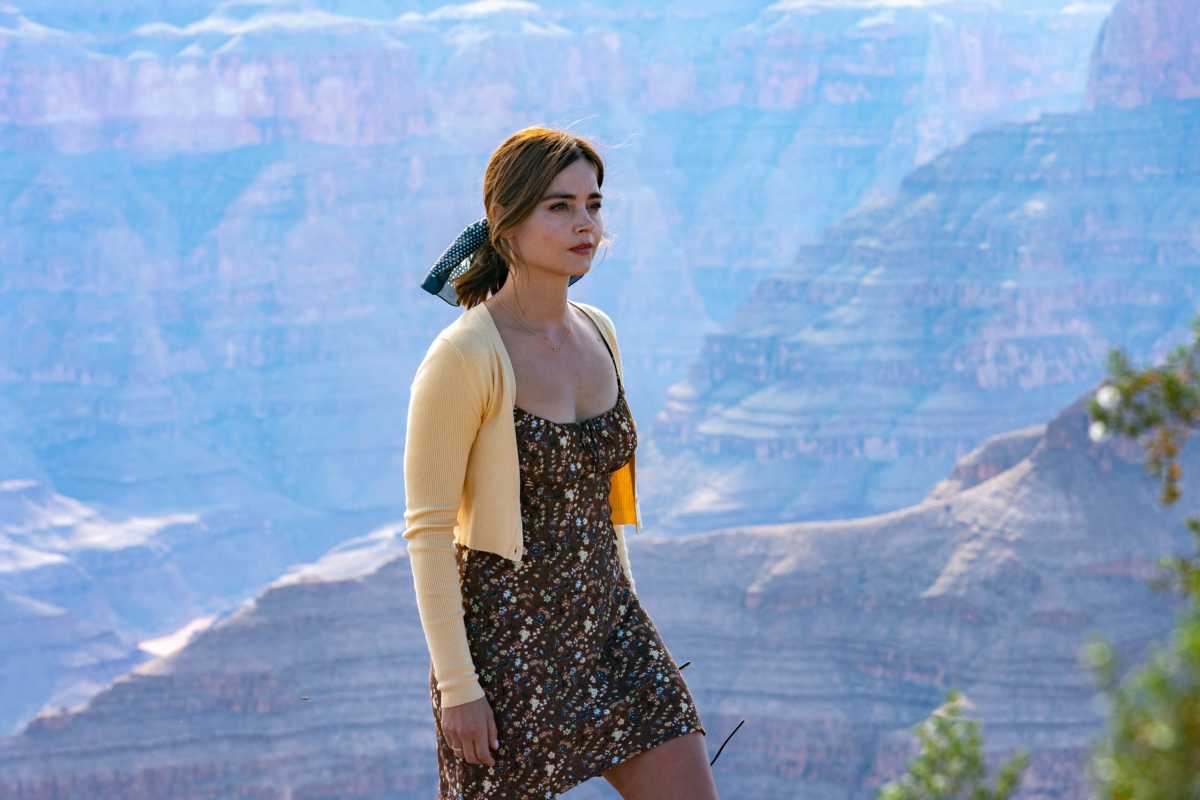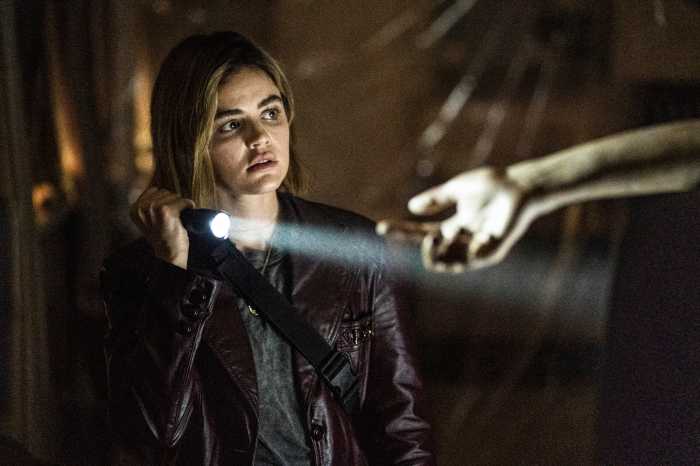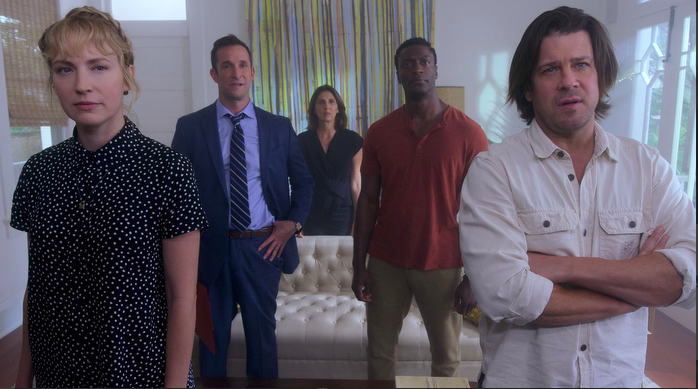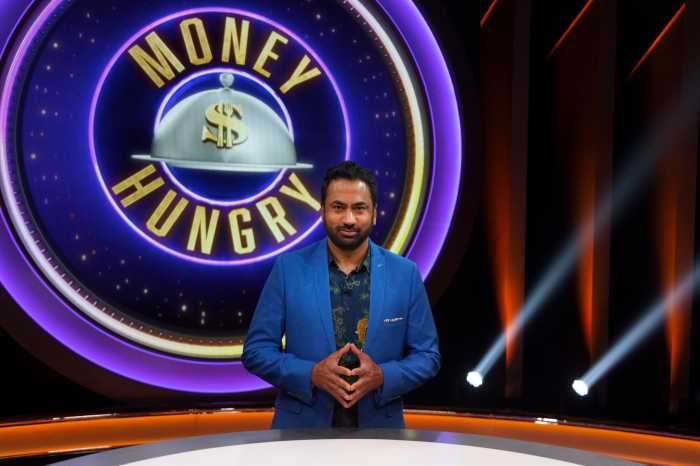Based on the novel of the same name, director So Yong Kim’s latest show, ‘Wilderness‘ wrestles through some tough emotions through its female lead (Liv, played by Jenna Coleman.) The series sees Liv and her new husband, Will (Oliver Jackson-Cohen) happy and in love after tying the knot. Until, she discovers his infidelity. After coming to terms with the state of her relationship and what she has to do — hint, it’s deadly — the duo head out on a road trip vacation where they happen to bump into said mistress (played by Ashley Benson) and her boyfriend (Eric Balfour.)
From there, things truly get wild. To talk more about ‘Wilderness’ and what went into unpacking the dynamic characters, So Yong Kim sat down to dive a little deeper into this twisted tale.
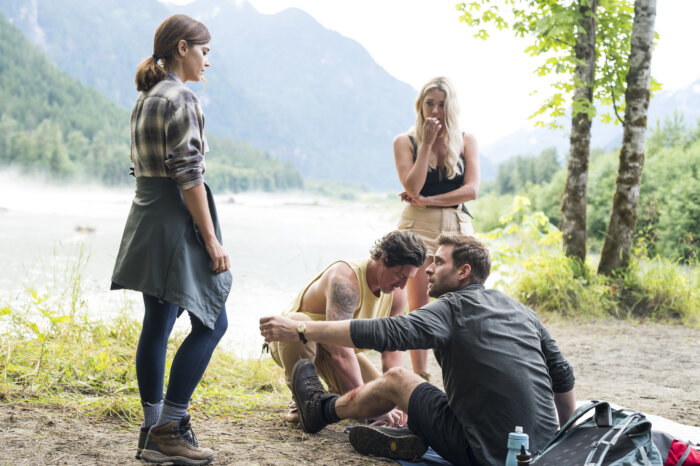
What drew you to this story and made you want to direct ‘Wilderness?’
I didn’t read the book before, so when I got the script, it was the first two episodes—and I just loved it. It felt like I could see and feel Liv’s character so completely, it’s a testament to Marnie’s (Dickens) writing, and it was quite a thrilling ride. There were certain elements that were very personal for me —and I keep telling this story—but when I was pregnant with our first baby, I had fantasies of killing my husband off because of hormones or whatever.
I wanted to run him over with our car, and I had nightmares of dragging his dead body through the house and stuff like that. And I’m like, oh my gosh, I’m having these flashbacks of memories of having these dreams and fantasies after I read the first two episodes. I’m like, okay, this is for me. Let’s do this, I get it.
Jenna Coleman as Liv and Oliver Jackson-Cohen as Will are perfect as this dynamically flawed couple. What went into casting the principles for the show?
Jenna Coleman has worked with Liz Kilgarriff, who’s an executive on the show on another show called ‘The Cry.’ So Liz really championed Jenna’s work because I was not that familiar with her at all actually, because I’m not a ‘Dr. Who’ fan—I hope I don’t get bashed for that. But anyway, she was quite unknown to me until I watched ‘The Cry’. She is magnificent in it, and then after I saw her work, it just all came together and we sent all six episodes to Jenna. It’s history after that. And once we got Jenna on board, we matched her with Oliver Jackson-Cohen because it seemed like perfect chemistry between them.
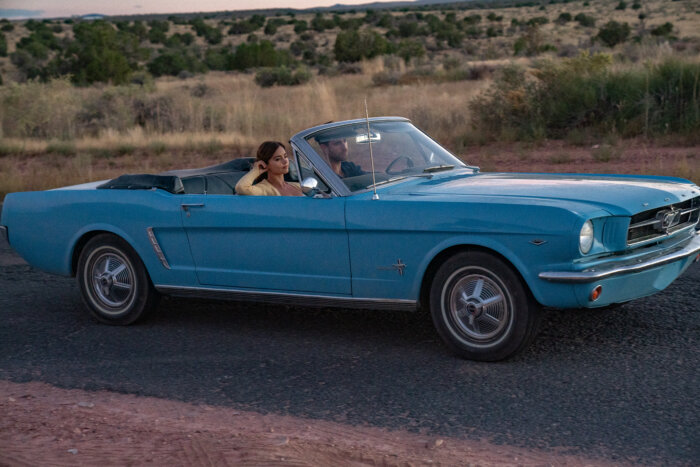
How do you direct characters when there’s so much to uncover with each person and there are so many layers unfolding throughout each episode?
It was pretty intense shooting because we shot six episodes together. I think the most intense bit actually was the prep time leading up to the shooting [with] Jenna and Oliver, because of their intense training. And I have to say Jenna is just masterful in the way she prepares everything, and she goes through every single scene of each episode. So basically when we were shooting it and starting to prep in Vancouver, we got all the cast together and we had a couple of altogether read-throughs and discussions about scenes. But it was basically us trying to spend some time together to get to know each other and build trust.
Thankfully, Jenna and Oliver trusted me as well as Eric and Ashley, but the journey of bringing each of those nuanced moments to life was so intense, but at the same time, very meticulously done. At moments, we were kind of afraid because, towards the end of the shoot, there were days when we were covering three to four different episodes within a day.
Jenna and Oliver would have to bounce back and forth between so many different beats, so it did get quite complicated, but they’re extremely, extremely talented and dedicated. So I feel like my job as a director was basically to be there if they had any questions to just support and create the setting to allow them to really practice their craft and show their creativity.
What about the way that the show was shot—what were you going for in that realm?
I worked with Kat Westergaard, a DP on previous shows and another feature film that we did together. So she and I have very much a shorthand in communicating on set. For us, and for me, and also for Marnie, everything in how the point of view and the story unfolds was very important for us.
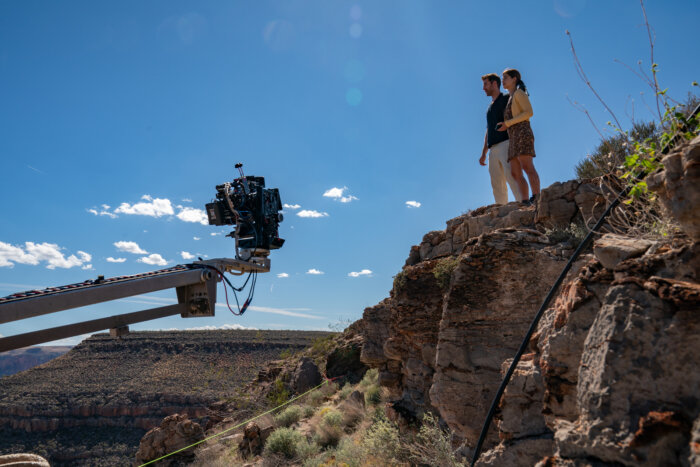
Because Liv’s character is such a complex one, and it’s kind of easy sometimes to villainize women for their actions and decisions that they make, we have to make sure that she can be understood, or [that it] brings a certain amount of empathy in how we approach her representation. I think that has always been the primary concern from the very beginning when we’re shooting, and hopefully, it comes through.
Ultimately, what do you hope audiences walk away thinking or feeling after watching ‘Wilderness’?
I think at the end you’d think—oh, she’s gotten away with it. But has she really though? The price is so huge that she has to pay, and then also, it’s not a happy ending per se, so it’s very complicated. So I hope the audience feels a certain amount of understanding or empathy towards Liv and also for Will. That’s basically what I hope for.
Catch ‘Wilderness’ on Prime TV



